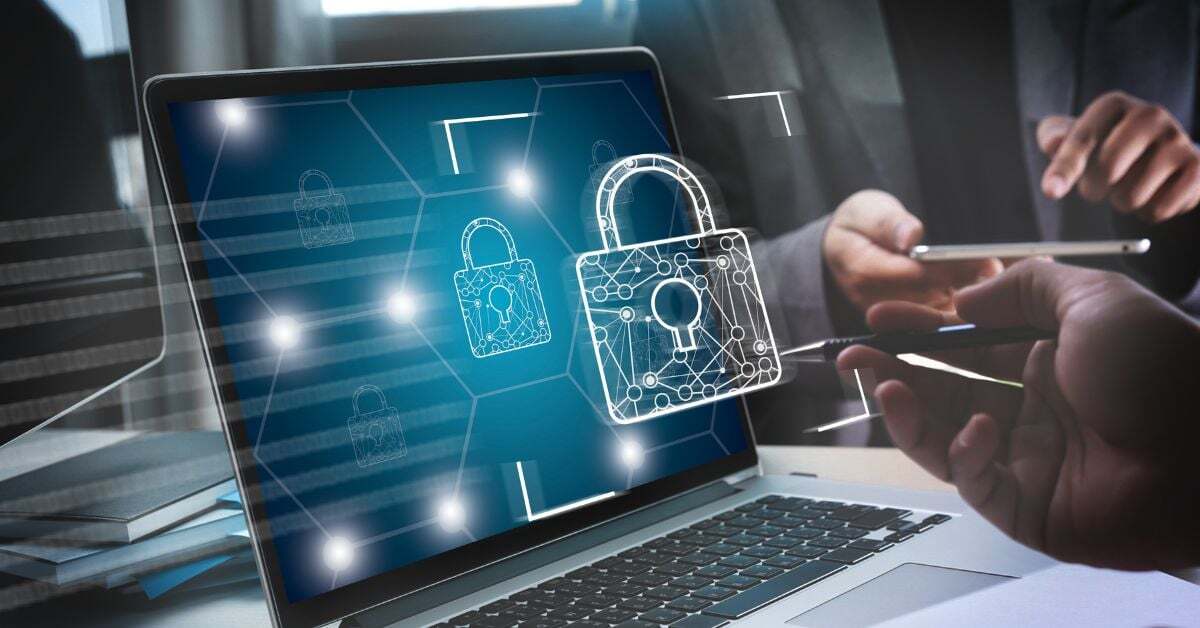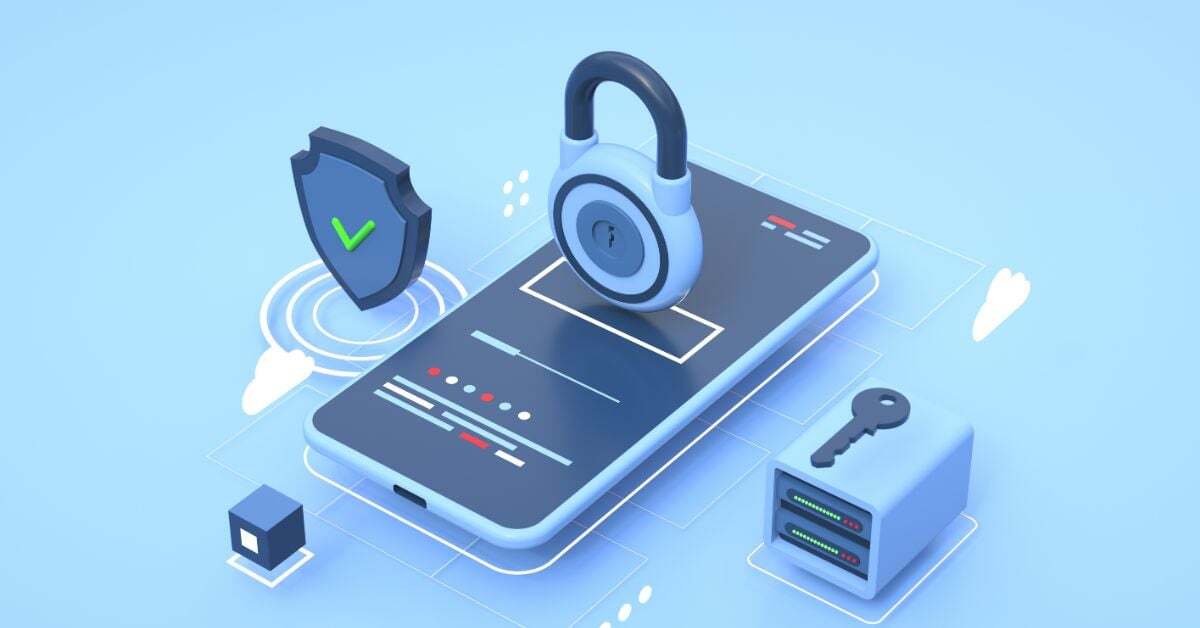How to Protect Yourself From Cyber Security Threats

In this era of uncertainty, cyber attacks against civilian targets are on the rise. It is crucial now, more than ever, to exercise caution in your daily use of technology, both at work and at home. The following tips will help fortify the security of your private information, and ensure that you remain protected from cyber security threats.

Cyber Security Awareness Tips
Having security awareness and staying vigilant is imperative when protecting yourself from potential cyber attacks. Follow the cyber security awareness tips below to reduce your risk of encountering serious cyber security threats:
Be on the watch for phishing. One of the most successful attack vectors is phishing. Remember, be highly suspicious of and report any email that:
-
You did not expect
-
Appears to come from a trusted source (such as FedEx, Amazon, or even a colleague’s name) but the email address is not the source’s domain
-
Includes a sense of urgency, such as a pending charge to your credit card, or a link to an online shipping status update
-
Includes grammar errors, typos, and uncommon phrasing
Use Multi-Factor Authentication (MFA) wherever you can.
-
Most modern sites support multi-factor authentication, including banking site, as well as Gmail
-
Google and Microsoft offer free MFA applications which can run on your phone
-
Texting a code isn’t as secure as using an MFA solution (but it is better than nothing)
Avoid Google and other search engines regarding conflicts and current events in the news. If you want updates on a situation, navigate directly to your preferred news source.
- Avoid searching for terms like "Ukraine" or "Russia" on search engines, as malicious attackers are actively exploiting these keywords to generate cyber security threats. Their aim is to manipulate search results and redirect internet users to harmful websites.
-
Double-check the URLs of websites prior to entering any information
-
Be cautious and pay close attention when checking websites, as there are instances where sites intentionally misspell commonly used URLs, such as Gooogle.com or Microsof.com.
Use secure passwords.
-
Rather than complex passwords which are difficult to remember, use passphrases, such as “FourScoreand7YearsAgo?”
-
Do not reuse passphrases across important sites, such as Facebook, Twitter, and your bank account
-
Do not use personal information in your passphrases
-
Consider changing your current passwords (numerous password breaches have been reported over the past year).
-
If you're among the many people who save passwords in Chrome/Google, there's a helpful feature you should know about. By visiting passwords.google.com and selecting "Password Checkup," you can access a comprehensive list of compromised, reused, and weak passwords. This tool will guide you on which passwords to prioritize for change. Similar functionalities can usually be found in other password managers as well.

Having Cyber Security Awareness
Cyber security awareness involves being mindful of cyber security threats in day-to-day situations. Being aware of the dangers of browsing the web, checking email, and interacting online are all components of cyber security awareness.
With the increasing prevalence of online activities in our lives, it has become crucial to stay informed about potential cyber security threats and adopt measures to safeguard our valuable information.
For a more comprehensive understanding, you can explore the Cybersecurity & Infrastructure Security Agency (CISA)'s website and learn about the most current cyber security threats and advisories.
Exym Mental Health EHR Software Protects Agencies From Cyber Security Threats
Exym is a comprehensive EHR software solution designed specifically for behavioral health agencies. Trusted for 20+ years, our intuitive and customizable software empowers providers to improve client outcomes, manage revenue cycles, and increase agency efficiency. Exym allows you to spend more time on what matters most- the clients in your care.
Cyber security threats pose a significant risk to organizations that handle sensitive health information and abide by HIPAA regulations. At Exym, we prioritize the security of our customers' data, allowing them to focus on providing quality care to their clients without the worry of cyber security threats. If your organization's IT department wants to understand how Exym's mental health EHR software safeguards client data, visit our Security and Operations pages, or schedule a demo to consult with our experts.

